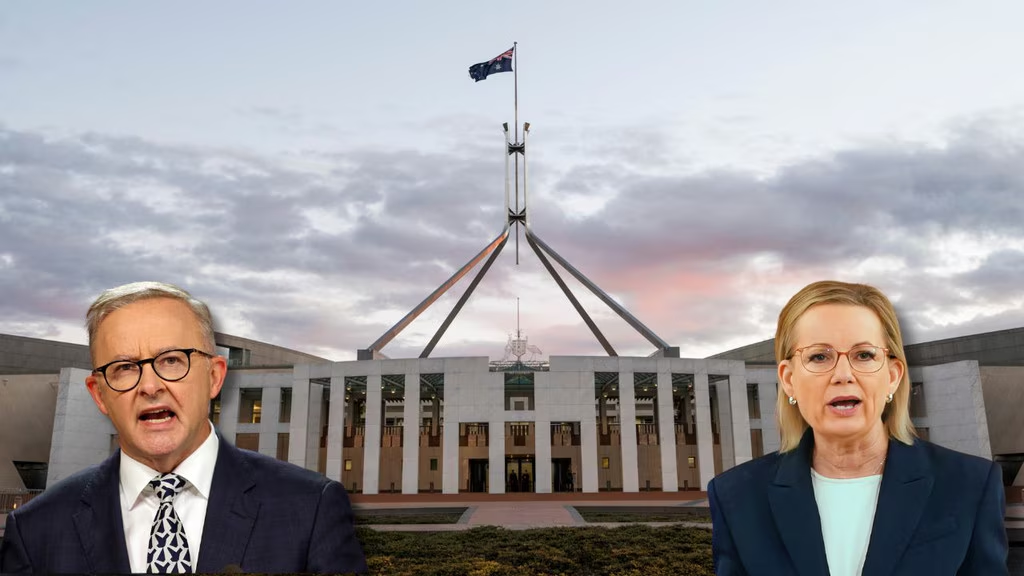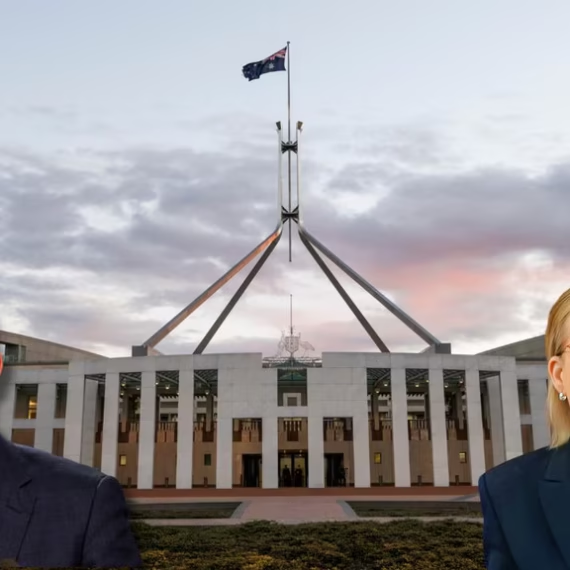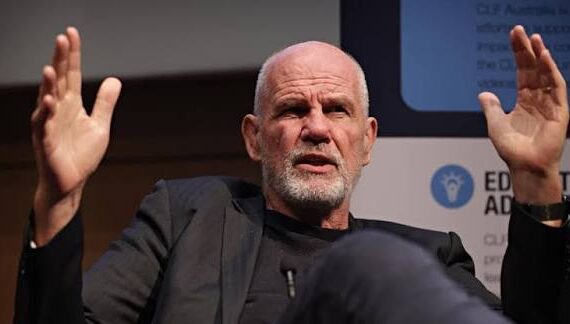
Nick Dyrenfurth
Executive Director of the John Curtin Research Centre

Tony Shields
Canberra-based Writer
This week marks the anniversary of two defining moments in Australia’s political history.
On Tuesday it was fifty years since Gough Whitlam’s dismissal. That event was controversial. The second anniversary, however, is truly momentous, but forgotten. For today marks one hundred years since Australians first voted in a federal election under compulsory voting. It diminishes us as a people to have let such a milestone slip from memory.
Australia’s compulsory voting is rare. It is an electoral form to be unashamedly celebrated, given it has undoubtedly made Australia into a fairer, more democratic and harmonious place to live. It is one of those quiet democratic innovations that has kept our politics anchored while others have drifted into extremism and apathy. Oxford University’s Our World in Data estimates that only eight per cent of the world’s population lives in a full democracy. Only a handful of those nations compel their citizens to vote effectively. Other democracies may encourage you to vote. Australia requires it (or at least requires you to show up).
This was part of a remarkable period of democratic innovation between the 1850s and 1920s. Australia led the world in giving ordinary people a say in their governance. In the 1850s Australian colonies allowed every adult man to vote. South Australia followed only New Zealand in giving women the vote and was the first place in the world where women could stand for parliament. We introduced the ballot paper, the portable voting booth, put the pencil in the voting booth, and exported it globally as “the Australian ballot.” South Australia had the world’s first independent election commission, something many US states still do not have.
Preferential voting followed, ensuring representatives reflected voters’ real preferences instead of first-past-the-post. To make it easier to vote we introduced postal voting, absent voting, and Saturday voting rather than on a weekday. This record is marred by the practical exclusion of Indigenous Australians, but it remains extraordinary by global standards.
Compulsory voting has strengthened social trust and cohesion, both essential to prosperity. Where voting is voluntary, turnout is lower among the young, the poor and the less educated. And if you do not vote, you do not count. By compelling participation, Australia moves closer to Lincoln’s promise of government of the people, by the people, for the people.
Politicians know who votes and adjust accordingly. In 1922, only 59 per cent of Australians cast a ballot. Three years later, participation leapt to 91 per cent. The conservative Nationalist Party, reading the mood, reversed its opposition to the aged pension. The same pattern appeared elsewhere: after women won the vote in America, politicians backed public health measures to reduce infant deaths. When African Americans were fully enfranchised in the mid-1960s, their communities gained more parks, schools and public services.
Compulsory voting ensures that government reflects the whole community, not just the loudest or wealthiest. It’s the quiet engine of trust and civic harmony in Australian life.. In 2025, Anthony Albanese was supported by roughly half of all eligible voters because 91 per cent of Australians cast a ballot. When Donald Trump won in 2024, by contrast, only one third of Americans voted for him, one third for Kamala Harris and one third stayed home.
Voluntary voting has fuelled the rise of MAGA populists like Trump and on the left, newly elected New York Mayor Zohran Mamdani, who harness the resentment of those who feel ignored. When people believe the system does not work for them, they stop voting. When a wrecking-ball candidate promises to break that system, they return to the polls in anger. In Australia, compulsory voting gives those same citizens a voice every time, forcing parties to court them rather than ignore them. It is one reason our politics, for all its flaws, has avoided the descent into grievance and rage that plagues other democracies.
Compulsory voting also keeps parties anchored to the centre. To win, you must persuade a majority of voters, not merely fire up your base. Voluntary systems reward polarisation, as parties chase intensity over breadth. Our system rewards persuasion and compromise.
That does not mean Australian democracy is immune to discontent. Many younger Australians believe, understandably, that the system no longer works for them. The election of figures such as Trump and Mamdani and rise of Nigel Farage’s Reform in the UK shows what happens when political establishments lose touch with next gen voters.
The best response is to strengthen democracy. Not because democracy is an end in itself, though it is precious, but because it expresses a faith in the wisdom of ordinary Australians and an understanding that accountability is the price paid for the privilege of leadership.
If Australia’s major parties want to avoid the anger consuming other democracies, they must rebuild trust by tackling the big tests of our time – intergenerational equality, housing and climate – and give voters a reason to keep showing up in good faith, not just frustration.
Nick Dyrenfurth is Executive Director of the John Curtin Research Centre and Tony Shields is a Canberra-based writer.
This article was published in The Western Australian. To read the article there, click below.
By: Nick Dyrenfurth
By: Nick Dyrenfurth
By: Nick Dyrenfurth








